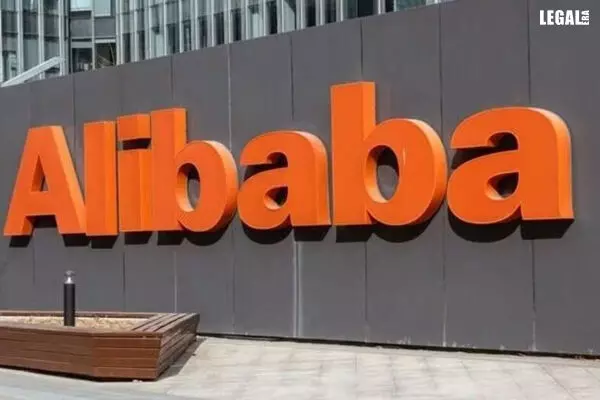- Home
- News
- Articles+
- Aerospace
- Artificial Intelligence
- Agriculture
- Alternate Dispute Resolution
- Arbitration & Mediation
- Banking and Finance
- Bankruptcy
- Book Review
- Bribery & Corruption
- Commercial Litigation
- Competition Law
- Conference Reports
- Consumer Products
- Contract
- Corporate Governance
- Corporate Law
- Covid-19
- Cryptocurrency
- Cybersecurity
- Data Protection
- Defence
- Digital Economy
- E-commerce
- Employment Law
- Energy and Natural Resources
- Entertainment and Sports Law
- Environmental Law
- Environmental, Social, and Governance
- Foreign Direct Investment
- Food and Beverage
- Gaming
- Health Care
- IBC Diaries
- In Focus
- Inclusion & Diversity
- Insurance Law
- Intellectual Property
- International Law
- IP & Tech Era
- Know the Law
- Labour Laws
- Law & Policy and Regulation
- Litigation
- Litigation Funding
- Manufacturing
- Mergers & Acquisitions
- NFTs
- Privacy
- Private Equity
- Project Finance
- Real Estate
- Risk and Compliance
- Student Corner
- Take On Board
- Tax
- Technology Media and Telecom
- Tributes
- Viewpoint
- Zoom In
- Law Firms
- In-House
- Rankings
- E-Magazine
- Legal Era TV
- Events
- Middle East
- Africa
- News
- Articles
- Aerospace
- Artificial Intelligence
- Agriculture
- Alternate Dispute Resolution
- Arbitration & Mediation
- Banking and Finance
- Bankruptcy
- Book Review
- Bribery & Corruption
- Commercial Litigation
- Competition Law
- Conference Reports
- Consumer Products
- Contract
- Corporate Governance
- Corporate Law
- Covid-19
- Cryptocurrency
- Cybersecurity
- Data Protection
- Defence
- Digital Economy
- E-commerce
- Employment Law
- Energy and Natural Resources
- Entertainment and Sports Law
- Environmental Law
- Environmental, Social, and Governance
- Foreign Direct Investment
- Food and Beverage
- Gaming
- Health Care
- IBC Diaries
- In Focus
- Inclusion & Diversity
- Insurance Law
- Intellectual Property
- International Law
- IP & Tech Era
- Know the Law
- Labour Laws
- Law & Policy and Regulation
- Litigation
- Litigation Funding
- Manufacturing
- Mergers & Acquisitions
- NFTs
- Privacy
- Private Equity
- Project Finance
- Real Estate
- Risk and Compliance
- Student Corner
- Take On Board
- Tax
- Technology Media and Telecom
- Tributes
- Viewpoint
- Zoom In
- Law Firms
- In-House
- Rankings
- E-Magazine
- Legal Era TV
- Events
- Middle East
- Africa
Alibaba Agrees To $433.5 Million Settlement In US Court In Shareholder Lawsuit Over Monopoly Claims

Alibaba Agrees To $433.5 Million Settlement In US Court In Shareholder Lawsuit Over Monopoly Claims
The investors claimed they suffered losses due to misleading statements and falling stock prices in 2019-2020
China's Alibaba Group Holding Ltd has agreed to pay $433.5 million to settle a US class-action lawsuit filed by investors alleging monopolistic practices by the e-commerce giant.
Though Alibaba denied wrongdoing, it stated that the company settled the matter to avoid the cost and disruption of further litigation.
The proposed settlement was filed in the US District Court, Southern District of New York, and required the approval of District Judge George Daniels.
Filed in 2020, the lawsuit alleged that Alibaba claimed not violating the monopoly or competition laws despite requiring merchants to choose only one distribution platform.
The settlement covers investors in Alibaba's American depositary shares from 13 November 2019 to 23 December 2020. It resolves the losses suffered when the market recognized Alibaba's misleading statements and the stock price fell.
The lawyers for the plaintiffs remarked that the proposed deal was ‘exceptional’. It exceeded the median recovery in securities class actions where the investor losses exceeded $10 billion.
They added that if investors had continued litigating, the maximum award they would get was $11.63 billion.



